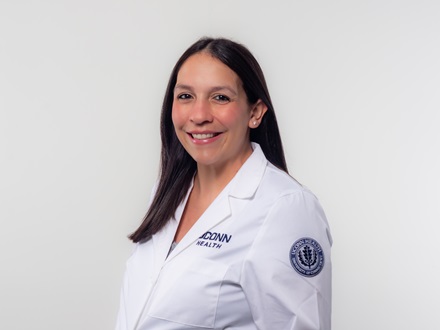What Is Stomach Cancer?
Stomach cancer is a gastrointestinal cancer that develops in the stomach. It used to be one of the more prevalent cancers diagnosed in the United States, but those rates have declined over recent years. Many factors can put you at risk for developing stomach cancer, including advanced age, obesity, smoking, and consuming an excess of pickled foods or foods high in sodium. Genetics may also play a role, and a history of certain medical conditions such as an h pylori infection, Epstein-Barr, and pernicious anemia can also increase your risk.
Symptoms
The symptoms of stomach cancer can be subtle or even non-existent so individuals with increased risk factors should talk to their doctor about stomach cancer. Symptoms commonly include stomach pain, nausea, vomiting, feeling full after eating a small amount, persistent heartburn, and unexplained weight loss.
Diagnosis
After a physical examination, your doctor will likely order an upper endoscopy if stomach cancer is suspected. An upper endoscopy is a test in which a doctor inserts a small tube with a camera attached down the throat and into the stomach. If signs of cancer are present, the doctor will take a small amount of tissue (called a biopsy) and test it for cancer. Other tests may include imaging tests such as X-rays, CT scans, MRIs, and PET scans.
Treatment
Once identified, stomach cancer is most commonly treated using radiation therapy, chemotherapy, or surgery. The stage of the cancer is one factor that your team of medical professionals will consider when they devise a treatment plan specific to your condition.
Outcome
Stomach cancer can be treatable, especially if it is found in the early stages before it spreads to other parts of the body. After it is found elsewhere, the rates of survival decrease. That is why it is important to identify if you have any factors associated with an increased risk of developing stomach cancer and talk to your doctor about screening for the disease.

